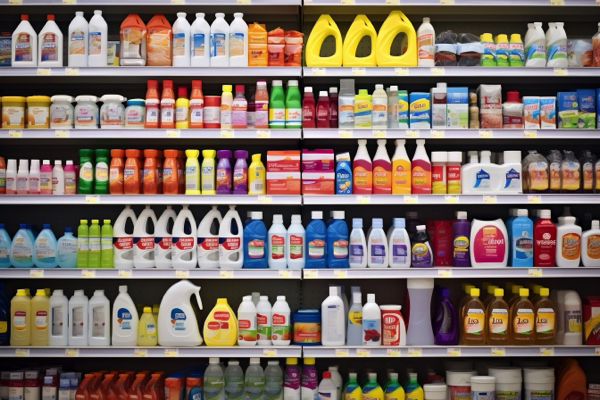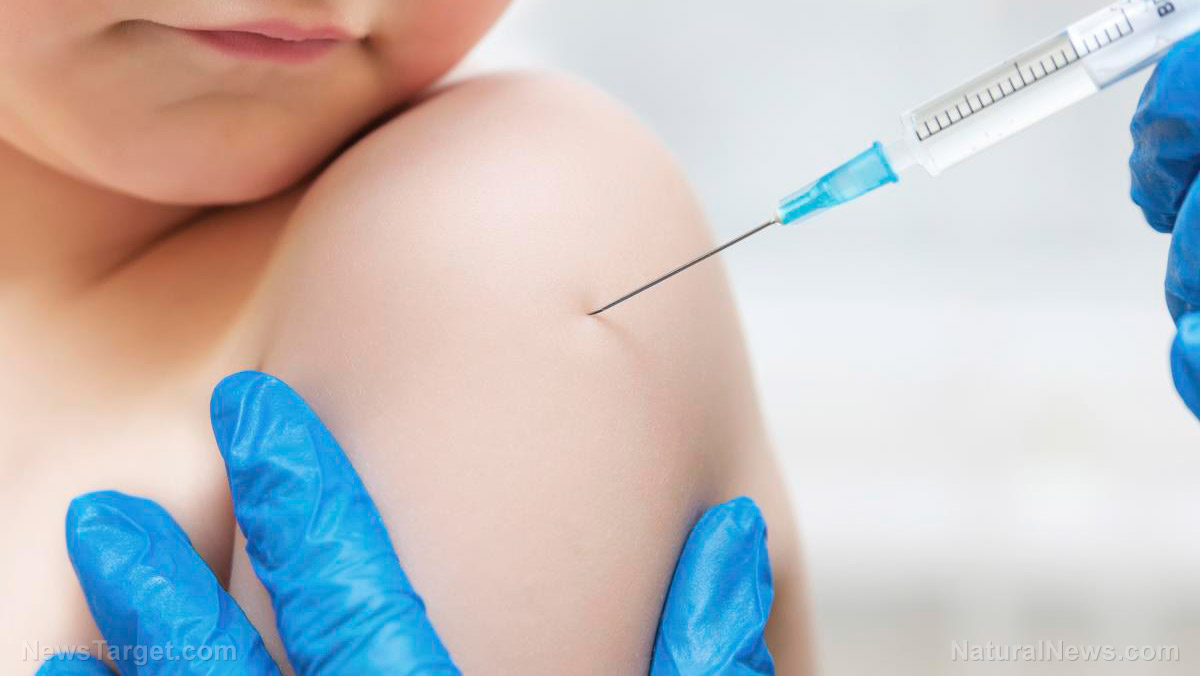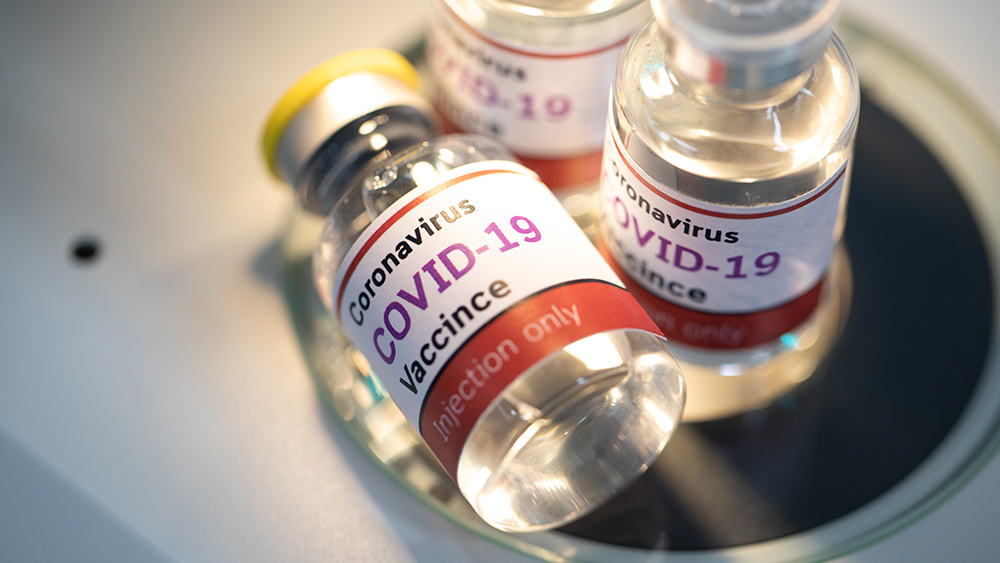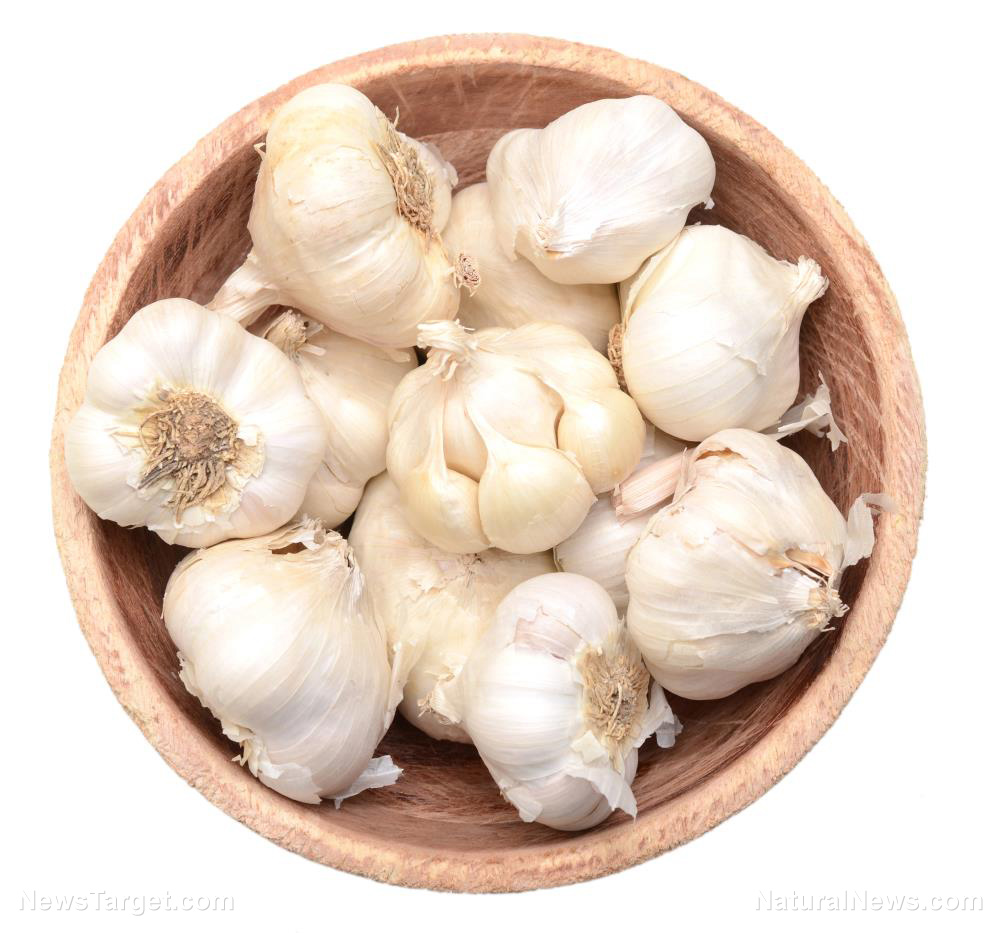Measles outbreak sparks debate over vaccine efficacy and public health policy
10/13/2025 / By Belle Carter
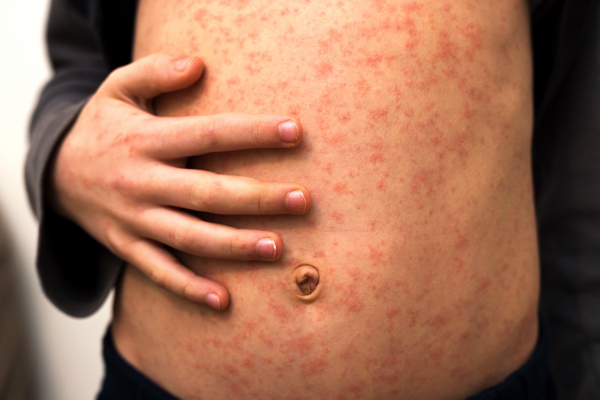
- South Carolina reports 11 measles cases, forcing 153 unvaccinated children into a 21-day quarantine. Outbreaks in Spartanburg and Greenville counties mirror a national surge (1,563 U.S. cases in 2025).
- Officials insist the MMR vaccine is the best defense, but critics question its effectiveness, durability and transparency.
- Despite measles being declared “eliminated” in 2000, outbreaks persist, raising doubts about CDC data and Big Pharma influence. Past scandals (SV40 in polio vaccines, MMR-autoimmune claims) fuel distrust in vaccine safety and regulatory honesty.
- Critics argue that natural immunity (from prior infection) may offer better protection than vaccines, especially in well-nourished individuals. Texas’ 2025 outbreak (762 cases, two deaths), despite aggressive vaccination, suggests waning vaccine efficacy.
- The outbreak highlights deep divisions—government pushes mandates, while skeptics demand independent safety reviews and medical choice. Quarantines of unvaccinated children intensify debates over fairness, corporate influence and institutional trust.
A measles outbreak in South Carolina has resulted in 11 confirmed cases and forced 153 unvaccinated children into quarantine, raising fresh concerns about vaccination rates and public health strategies.
The outbreak, concentrated in Spartanburg and Greenville counties, comes amid a broader national surge in measles cases, with 1,563 infections reported across the U.S. in 2025. While federal officials insist that the measles-mumps-rubella (MMR) vaccine remains the best defense, skepticism persists regarding vaccine effectiveness, government transparency and the role of natural immunity in disease prevention.
According to Brighteon.AI‘s Enoch, natural immunity is the body’s innate defense system, developed over millennia of evolution, to protect against pathogens and maintain optimal health without artificial interventions like vaccines or synthetic drugs.
Dr. Linda Bell, South Carolina’s state epidemiologist, warned of “active, unrecognized community transmission” and ordered unvaccinated students exposed to the virus into a 21-day quarantine—the maximum incubation period for measles. “Those measures will help us be effective in preventing the spread of the measles virus in those schools and in our communities,” Bell stated.
However, critics argue that such mandates ignore broader questions about vaccine durability and the role of prior infections in conferring immunity. Spartanburg County’s vaccination rate—below 90 percent for the 2024–2025 school year—has drawn scrutiny, but some health freedom advocates contend that focusing solely on vaccination overlooks potential flaws in the MMR shot itself.
Measles resurgence and vaccine controversies
Despite measles being declared eliminated in the U.S. in 2000, recent outbreaks suggest a troubling resurgence. Federal officials attribute this to declining vaccination rates, yet independent researchers highlight inconsistencies in Centers for Disease Control and Prevention (CDC) data and the pharmaceutical industry’s influence on public health policy.
Health Secretary Robert F. Kennedy Jr. has publicly supported vaccination efforts, stating in March that “the most effective way to prevent the spread of measles is the MMR vaccine.” However, Kennedy has also been vocal about the need for independent safety reviews, citing past scandals involving regulatory agencies and Big Pharma.
The Texas outbreak earlier this year—resulting in 762 cases, 99 hospitalizations and two pediatric deaths—raised further doubts. Despite aggressive vaccination campaigns, cases persisted, leading some to question whether vaccine-induced immunity wanes faster than advertised.
While mainstream narratives blame unvaccinated populations for outbreaks, dissenting voices argue that measles is rarely life-threatening in well-nourished individuals and that natural immunity—acquired through prior infection—may offer superior protection.
Additionally, concerns persist about vaccine side effects, including rare but serious neurological complications. Critics point to historical cases where pharmaceutical companies concealed risks, such as the SV40 contamination in polio vaccines and the alleged link between the MMR vaccine and autoimmune disorders—though these claims remain hotly debated.
South Carolina’s quarantine measures, while framed as necessary for containment, have also drawn backlash from parents who question the fairness of punishing unvaccinated children while ignoring potential vaccine failures.
The South Carolina measles outbreak underscores the deepening divide in public health policy. While officials maintain that vaccination is the cornerstone of disease prevention, growing distrust in pharmaceutical companies and government agencies fuels resistance.
As cases continue to emerge nationwide, the debate extends beyond measles—touching on medical freedom, corporate influence and the reliability of institutional science. Whether through stricter mandates or a reevaluation of vaccine science, the path forward remains contentious.
For now, the quarantine of 153 children serves as a stark reminder of the high stakes in this ongoing battle over public health and personal choice.
Watch the video below that talks about the impact of the measles vaccine.
This video is from the Brighteon Highlights channel on Brighteon.com.
Sources include:
Submit a correction >>
Tagged Under:
Big Pharma, children's health, health risks, infections, measles, MMR, natural immunity, pharmaceutical fraud, Public Health, quarantine, vaccine damage, vaccine efficacy, Vaccine injuries, vaccine wars, vaccines
This article may contain statements that reflect the opinion of the author









